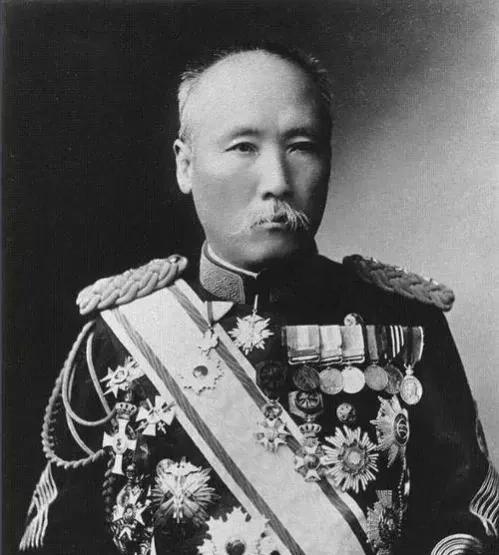At its peak, the Imperial Japanese Army had a total strength of nearly 6 million, and was once arrogant and arrogant, with troops spreading from Siberia in the north to the Pacific Ocean and Southeast Asia in the south.
The highest regular rank in the Imperial Japanese Army is General, a high rank, on the same level as the Prime Minister of Japan and speaker of the Privy Council.
In the seventy years of the history of the Imperial Japanese Army, a total of 134 generals have been produced, which can be called the "elite" of the Japanese army.
However, with the defeat and surrender of the Japanese army in 1945, this evil army also collapsed.
Immediately, there was a clear phenomenon: the former Imperial Japanese Army generals died quickly.
When the Japanese army was defeated and surrendered, there were about 50 living army generals. But by the end of 1955, in just a decade, nearly thirty people had died.
The reasons for this, in addition to the natural physiological factors of aging, there are two main reasons:
First, he was tried as a war criminal by the International Military Tribunal.
Some were sentenced directly to death as Class A war criminals, ending their lives of sin. For example, Matsui Ishigen, Itagaki Seishiro, and Kenji Toihara.
Some have become prisoners overnight, lost their personal freedom, and their living conditions have plummeted, and they have lived a career of iron bars.
Old people, in poor health, are prone to illness and die quickly in prison. For example, Koiso Kuniaki, Terauchi Shouichi, Umezu Mijiro.
Even if some people get out of prison, they will not live long. For example, Sadao Araki, Nobuyuki Abe, Minamijiro, and King Morisho Imotogu.
Second, due to defeat and surrender, depression, suicide or depression.
From clamoring for hegemony in the world, the dream is shattered in an instant, and the psychological gap is too large to bear.
Some people choose to commit suicide. For example, Anan committed suicide by cutting his abdomen when the Japanese surrendered. Shizuichi Tanaka, Moto Sugiyama, Shigeru Honjo, and Sadaichi Yoshimoto committed suicide shortly after the Japanese surrendered.
There are also some people who are depressed and have difficulty extricating themselves. Over time, it is easy to get sick and eventually die.
Third, life is difficult.
After the defeat and surrender of Japanese militarism, Japan's social economy collapsed.
Coupled with sudden changes in the climate and poor harvests, it is like worse.
This has led to a low standard of living for the Japanese people. The old officers also lost their livelihood and had to first consider the issue of food and clothing for their families.
These people originally thought that by being loyal to the emperor and serving militarism, they would be able to live a prosperous and prosperous life and enjoy a happy old age.
As everyone knows, God has eyes, and people are not as good as heaven. Evil is full of evil, and many unrighteous deeds will kill themselves!
